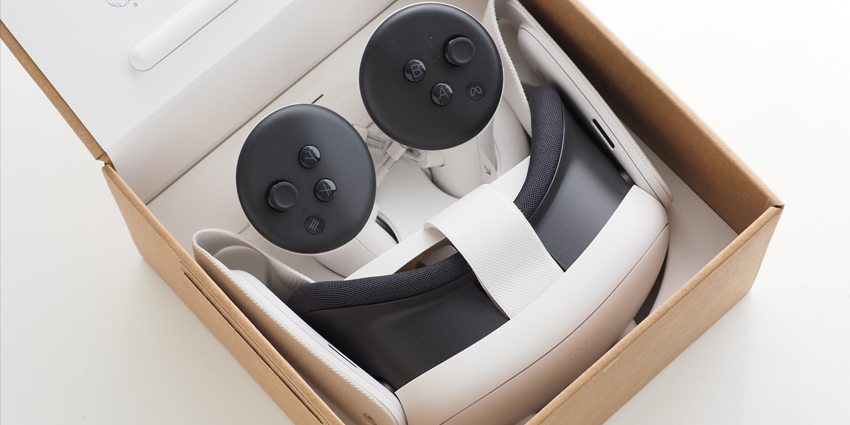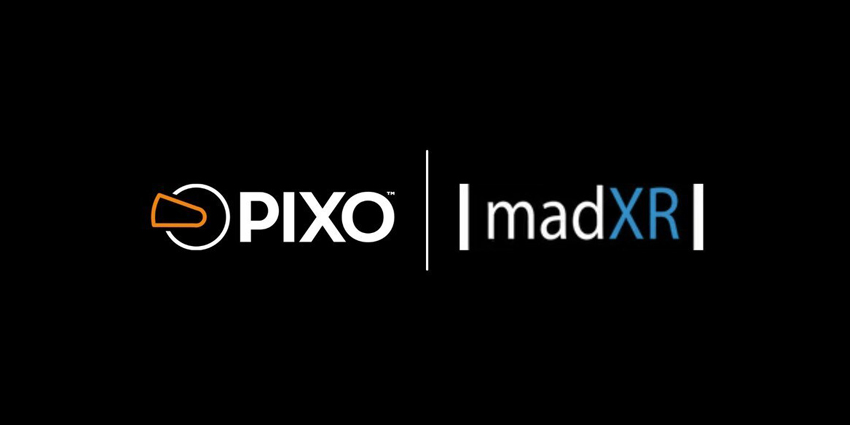Rocket VR Health, a digital therapeutics firm based in Boston, Massachusetts, announced on Wednesday it had inked a research agreement with the Massachusetts General Hospital.
The agreement will allow Rocket VR Health to leverage its VR platform to jointly develop clinical therapies for cancer patients as well as loved ones and caregivers. Rocket VR Health’s partnership will explore VR and its therapeutic effects on patients receiving HCT treatment and hospitalisation.
Sid Desai, Chief Executive and Co-Founder for Rocket VR Health, said in a statement,
“This research partnership is instrumental to our company’s development and we are thrilled to be collaborating on innovative research with leading oncologists at one of the top research hospitals in the world”
The Digital Therapeutic Solution aims to help patients with blood cancer being treated with hematopoietic stem cell transplantation (HCT) at clinics. HCT is used to treat cancers in the blood and immune systems such as lymphoma, leukaemia, myeloma, and others.
According to figures from the company, HCT recipients spend an average of 28 days in the hospital and are bedridden due to weak immune systems and recovering bone marrow transplants, resulting in short and long-term distress and a lower quality of life (QoL) caused by limited mobility and isolation.
With our platform patients can choose from over 20 incredible #nature locations where they can go to #meditate and do #virtualtherapy regardless of their physical location. #VirtualReality #therapy #innovation pic.twitter.com/hX3X5mrwUx
— Rocket VR Health (@RocketVRHealth) February 18, 2022
With its partnership and growing suite of Metaverse-based, scalable, and bespoke immersive solutions, Rocket VR Health aims to position itself as one of the premier health and wellness firms in the world.
Rocket VR Health’s Therapeutic Technologies
The enterprise focuses on treatments in oncology and its platform has five key features: enhanced meditation interactions, spatial communication features, device management and bespoke therapies, clinically-validated therapeutic protocols, and over 20 immersive environments for patients to explore.
VR treatments involve a four-week period with seven modules, including relaxation techniques, psychoeducational, therapy, and others.
Therapies incorporate immersive VR environments for patients facing transplant therapy and social isolation, complete with captivating music, sounds, and visuals to engage them during recovery periods.
Therapy sessions use standalone Pico Neo 3 headsets with Qualcomm Snapdragon XR2 chipsets. The device’s lightweight form factor of 1.3 pounds provides patients with a comfortable immersive experience as well as advanced hand and eye-tracking capabilities.
Progress and experiences are stored on the devices 256 GB hard drive and the headset’s 2.5-hour battery live ensures patients will have substantial time for their therapeutic sessions.
XR Healthcare Solutions and COVID-19
The partnership comes after companies released several key immersive solutions aimed at improving overall mental health for users, namely amid the ongoing COVID-19 pandemic and rise of social isolation due to national restrictive measures.
Rendever, an immersive health and wellness firm, deployed its solution in November last year to help patients at Craven-Pamlico Regional Libraries in North Carolina tackle social isolation due to COVID-19.
TRIPP, another leading VR app, boosted funding for its immersive psychedelic app to support people seeking mental health solutions while coping with social isolation and stressful routines amid the pandemic.
HTC VIVE’s Flow headset also aims to employ its novel form factor and immersive content capabilities for people using TRIPP’s therapeutic app, allowing portable access to mental health treatments.
According to figures from a Verified Market Research report, VR healthcare is expected to top $42.8 billion by 2028, an increase from $2.07 billion in 2020.







